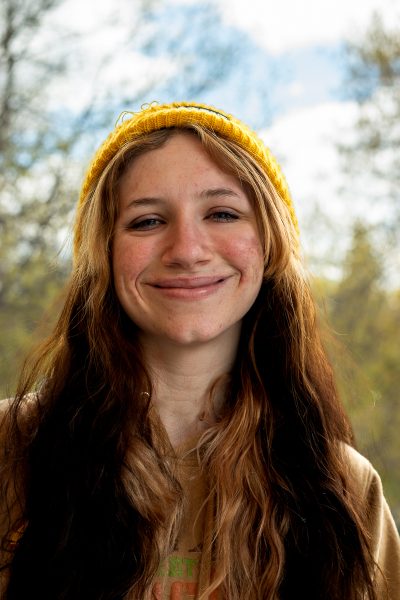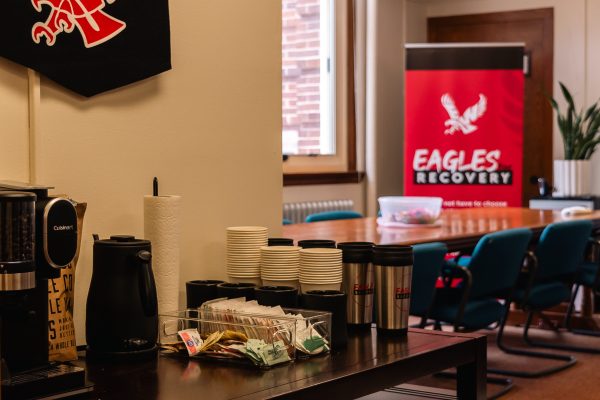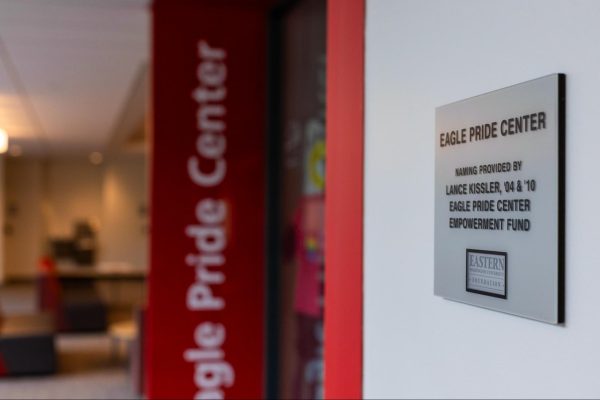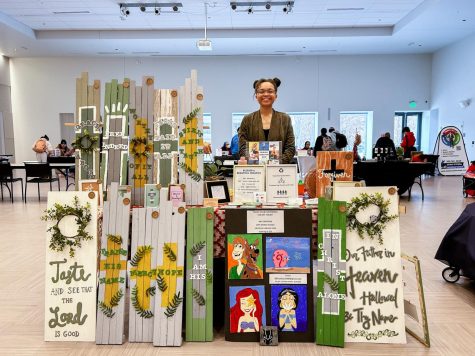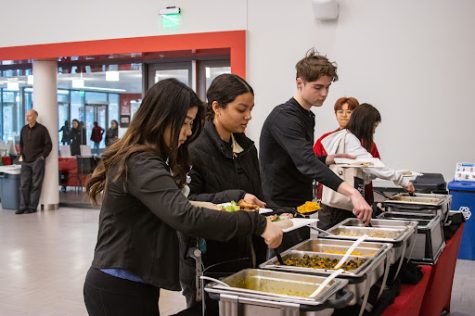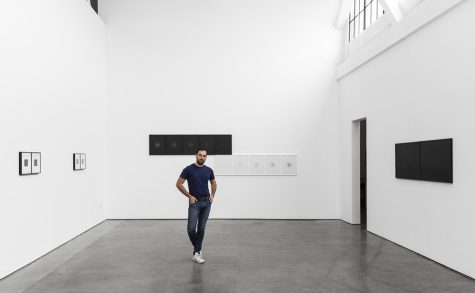A Day On, Not a Day Off
January 31, 2013
“A Day On, Not a Day Off” proclaim Martin Luther King Jr. Day posters, fliers and email newsletters. In previous years, I’ve ignored it, but this year I decided to do something.
Last week, I resolved to spend Martin Luther King Jr. Day thinking and writing about discrimination and racial equality. I resolved to write this essay and to share Wynton Marsalis and Charles Mingus—both are (were, in Mingus’ case) black jazz musicians outspoken on the topic of racial injustice—over Facebook. It was all I could think about for several days.
Even so, it wasn’t until about 6 p.m. on Jan. 21 that I finally got around to posting those tracks and writing this essay. I had woken up, cleaned the house, listened to some music; I had simply gone about my day and forgotten.
I felt guilty then, even as I feel guilty writing this now. How much time would it have taken me to write those posts, to pen this essay? Why didn’t I do it before it was too late? At this point, I decided, it’s not even worth doing.
And then I realized this is exactly what has happened to me every year: I forgot or ignored my responsibility, then I felt guilty, then I told myself I was bad and then I felt better.
But it’s not about feeling guilty, then vilifying ourselves to make peace with our shame. That’s the trap. If all you think about is how guilty you are, nothing changes—you make resolutions and promises to yourself and declare them to your friends; in a week, everyone has forgotten. Rinse and repeat.
I suddenly realized it doesn’t matter what I do or how I do it. What’s most important is that I do something in recognition of Dr. King and what he stood for, even if it makes me nervous or afraid.
It’s tempting to look back on the actions of people in other times and to justify their behavior by declaring that tolerance wasn’t part of their culture. “They were doing the best they could during that time,” we say.
But were they? This is a dangerous line of thinking, because “They were doing the best they could” quickly becomes “I am doing the best I can,” and “the best” is never the best, is it?
I grew up in the suburbs, in what were formerly “gated” communities: places where all the faces were white. Growing up, I was told that “Everyone is equal,” but we didn’t get into specifics.
I didn’t have an ethnically diverse group of friends, and, for the most part, I still don’t. I’m focused on school and work; it’s easy to get comfortable in that routine and to stay comfortable. I consider myself outspoken about gender inequality, but race was always too big for me, too scary.
Xenophobia is the fear of outsiders. It’s the source of sexism, racism, religious intolerance and, in my opinion, violence. Xenophobia, according to one of my teachers, is the essence of saying “I am not that.”
Examples of xenophobia: maybe you’re distrustful of those with differently-colored skin; maybe you wince when you hear people speaking another language; maybe you patronize or cater to members of the other gender. I’ve caught myself doing all of these things, at some time or another, but only recently have I gathered the courage to ask myself why.
My father wasn’t allowed to play soccer in school because my grandfather thought it was “un-American.” We’ve come a long way since then. Most young people feel strongly about equality—the push for gay rights has made this clear. But have we gone as far as we can go?
When members of our culture struggle with racism, intolerance and the fear of others, is it because they as individuals are flawed? Or is it for another reason? Is it possible that our culture, despite its emphasis on justice, regularly—even blithely—demands that we judge others for no reason other than their ethnicity or the color of their skin?
Or is this just another of my excuses?
I can’t say. I’m writing not to give answers, but to ask questions. The first question is: Does our culture glorify racism and xenophobia? The second question: If so, what can I do to stop it? The third question: What will I do today?
I had a pretty low-key Martin Luther King Jr. Day. I missed out on the Martin Luther King Unity March held in Riverpark Square. I’m sure there were lots of other things I could have done in addition, but I didn’t do them.
That’s OK. I wrote, I blogged. I did things that are meaningful to me. I decided to submit this article for the paper, although I was afraid to.
If you think I’m dumb, I don’t care. If I’ve offended you, I’m not sorry. Maybe you think I’m a racist; I guess I can’t argue with that.
What matters is that I was honest with myself, for once. I followed through. I finally looked inside myself, into the dark places long untouched, where every step means danger and every sound means death, and I shouted, “Boo.”
I did something.




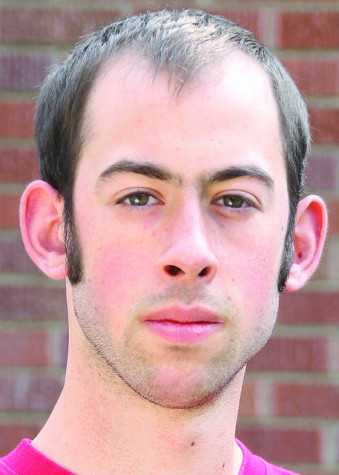


![Simmons said the biggest reasons for her success this year were “God, hard work, and trusting [her] coach and what she has planned.”](https://theeasterner.org/wp-content/uploads/2024/05/image1-1-1200x800.jpg)


